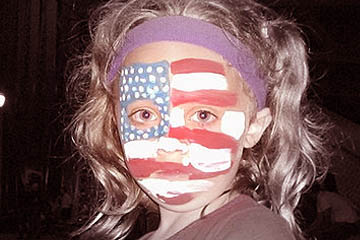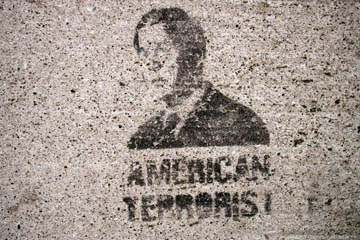
Photo by Scott Muscatello
My first solo trip abroad was less than a year after 9/11.
Life in the U.S. was still tense, especially on the East coast, where I was a junior in college.
Airports were enveloped in almost sanctuary-like silence. While I waited to board my flight to Dublin I watched people remove shoes and sweaters and belts.
